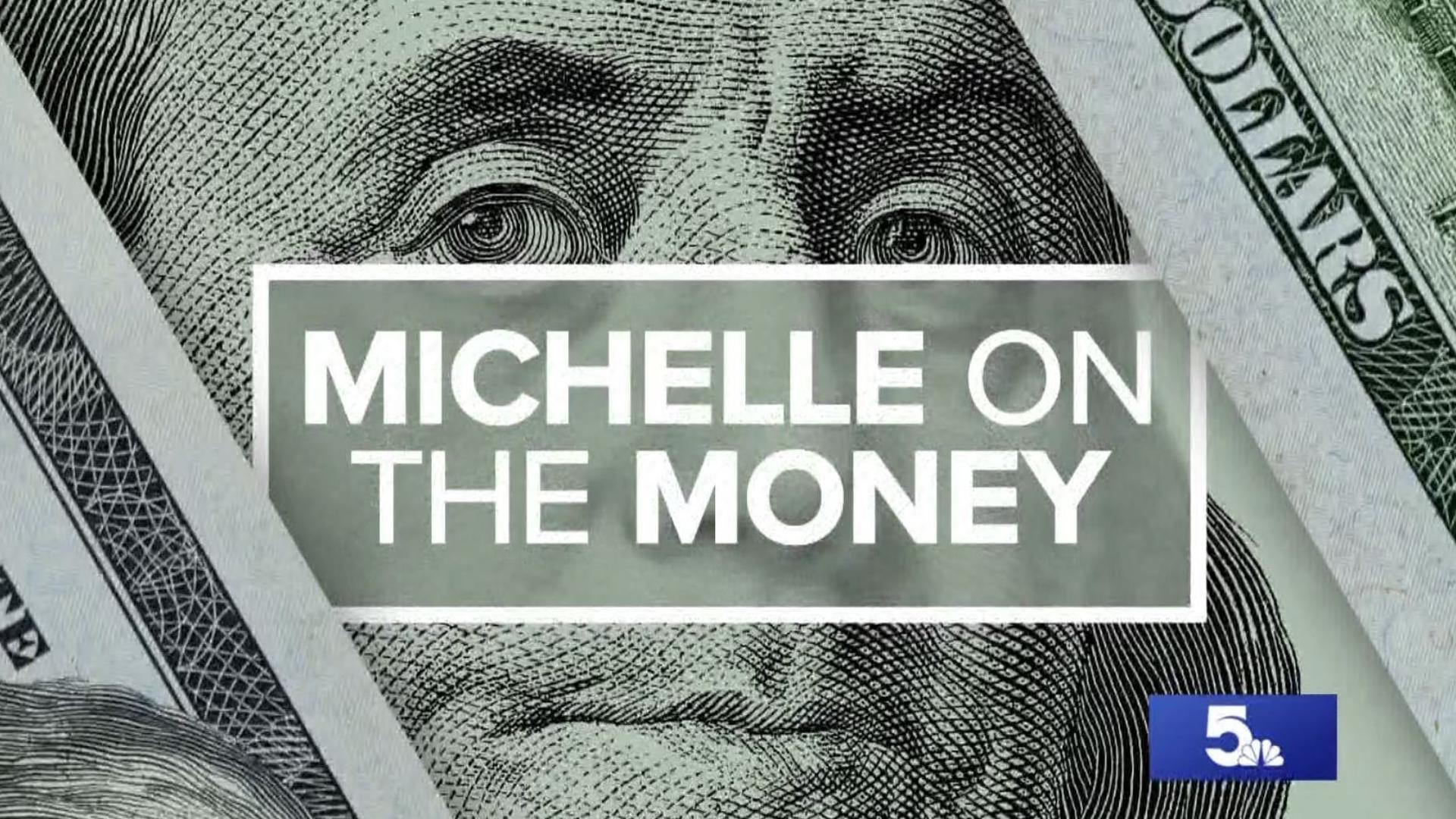Nobody wants to pay a mortgage any longer than necessary. It's a bit unsettling to have an enormous debt looming over you for years on end, racking up interest. You may even be tempted to pay off your mortgage early if you're fortunate enough to have the cash lying around.
However, paying off a mortgage early isn't always the smartest decision, and there's a reason mortgages are referred to as "good debt." So if you're thinking of paying off your mortgage early, here are three reasons to reconsider.
1. You'll loseout on that interest deduction
Paying all that mortgage interest has a benefit, and it comes in the form of a potentially sizable tax deduction. If you're in a high tax bracket, losing out on this deduction could mean paying more in taxes, especially if forgoing it pushes you into the next higher bracket. Let's say you're in the 25% tax bracket and currently pay $24,000 in mortgage interest per year. That's a $6,000 tax break you'd be giving up by paying off your mortgage.
2. You may be left with limited liquidity
The housing market isn't particularly liquid. Buying and selling property takes a lot of time and work; sealing a deal can take weeks or even months. If you use your disposable cash to pay off your mortgage, making your house your only major asset, then you'll have difficulty covering any big expenses that may arise. If you lose your job, have a medical emergency, get married, or send a kid to college, for example, you'll want to have liquid assets on hand. Moving house should not be your only option.
On the other hand, if you take the money you'd use to pay off your mortgage and instead spread it out over a diverse portfolio of investments, including stocks and bonds, then you'll have more options should the need for cash arise.
3. It won't provide income
When you invest your money in stocks and bonds, you have the potential to secure an income stream via dividends, interest payments, and capital gains. Paying off your mortgage, however, won't provide you with income. Instead, it will leave you with limited cash left over to invest. If you put all your money into your home, it could take years for it to grow in value, and paying off your mortgage could limit your ability to generate income for things like college, retirement, or other short- and long-term goals.
If your mortgage carries a high interest rate and you have the cash on hand to pay it off, then you might as well go for it. But if you have a low interest rate, you can take advantage of it by using that cash to generate higher returns elsewhere.
Let's say you get a $100,000 mortgage with a 4% interest rate. If you slowly pay it off over 30 years, you'll end up paying $72,000 in interest. That's a lot of money, so it's natural to think that any extra cash should go toward paying down your principal.
However, let's say you stick to your 30-year payment schedule, invest $240 each month -- just half your mortgage payment -- and earn a reasonable 8% return. In that case, your portfolio will grow to $352,000 by the time you've paid off your mortgage. So if you have a relatively low interest rate, then clearly it can pay to hold on to that mortgage, continue reaping the tax benefits, and invest spare cash.
Remember, too, that when you get a 30-year mortgage, you're locked into a fixed interest rate for that period of time. If you have a low rate, you'll get to keep it as long as you carry that mortgage, inflation be damned. So why not let your lender absorb all that inflation risk while you enjoy the benefits of an affordable monthly payment?
You should also consider paying off your mortgage if you're nearing retirement. Once you're close to retirement, you'll want to limit much of your portfolio to safer investments with less volatility. Reducing your exposure to stocks and buying more bonds will lower your risk of catastrophic losses, but it will also lower your returns -- probably to the point where they no longer outpace the interest rate you're paying on your mortgage. Therefore it's probably best to direct any spare cash to mortgage payments.
Everybody's circumstances are different, so you need to crunch some numbers and do some long-term planning before you decide how soon to pay off your mortgage. If that debt is giving you ulcers and gray hairs, then by all means, pay it off as soon as possible. However, if you have many working years ahead of you and a low interest rate to boot, then you should consider hanging on to that mortgage and putting your spare cash to work in the market. You may end up enjoying a much higher net worth and a richer retirement.


